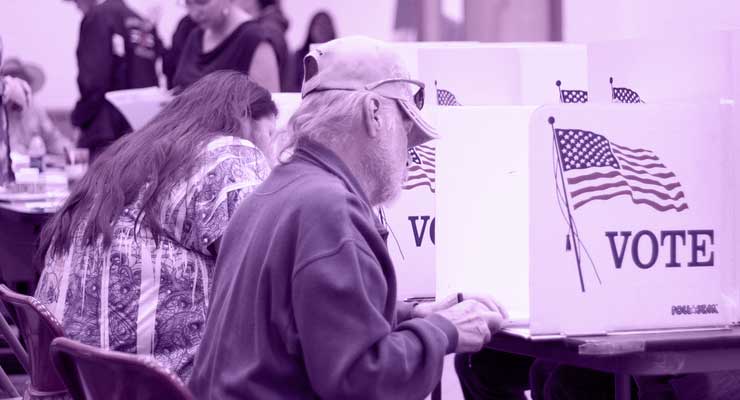
From the Brennan Center’s recent post by Iris Zhang and Chisun Lee:
The problem of “dark money” — election advertising by groups who conceal their donors, often behind benign-sounding names — tends to get the most attention in high-profile federal contests. But it can be worse in the context of state ballot measures, where voters directly decide policy questions that can carry major economic consequences.
In 2016, voters on ballot measures across the country faced unprecedented levels of secret spending, on issues ranging from the minimum wage to the sales tax, preliminary records show. The numbers continue a trend we identified in a six-state analysis last summer: secretive political advertising shot up by 38 times on average between 2006 and 2014, faster than it did at the federal level. The 2010 Citizens United decision and related developments had empowered entities such as “social welfare” nonprofits and trade associations to spend unlimited sums on politics without having to disclose their donors.
Leave a Reply